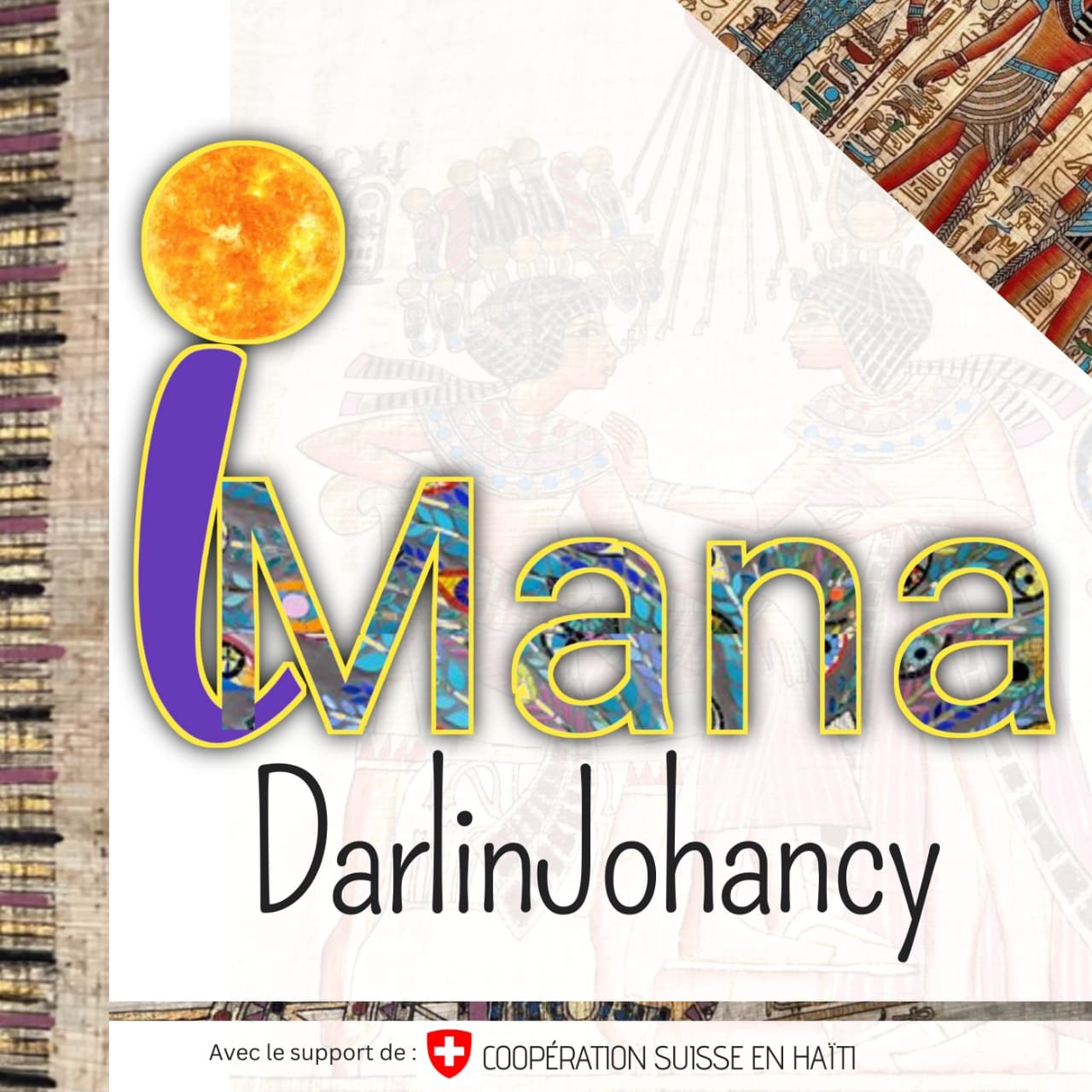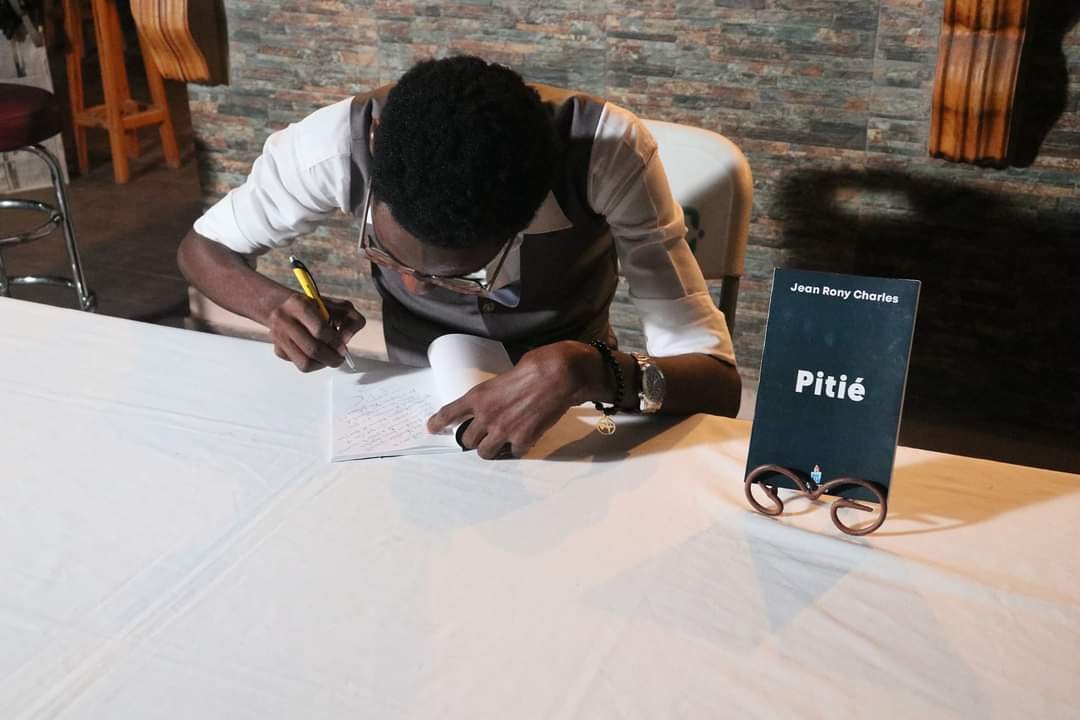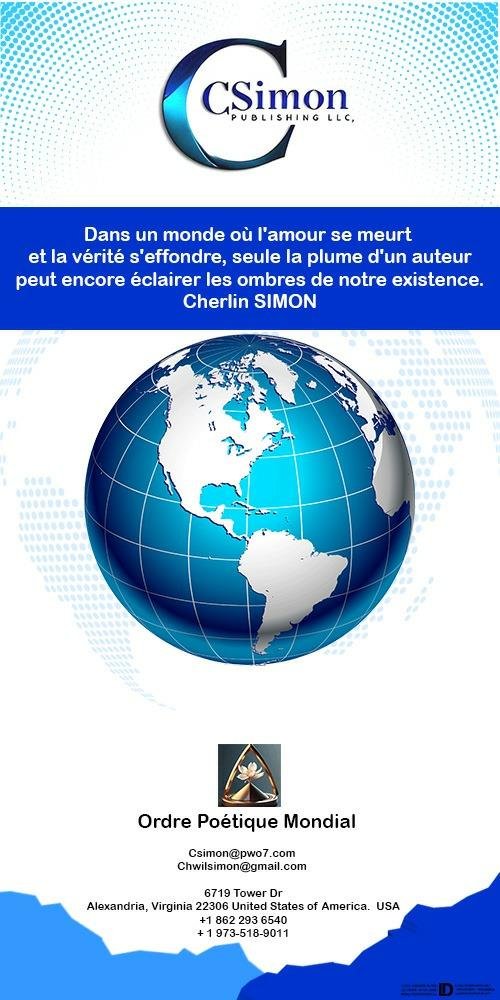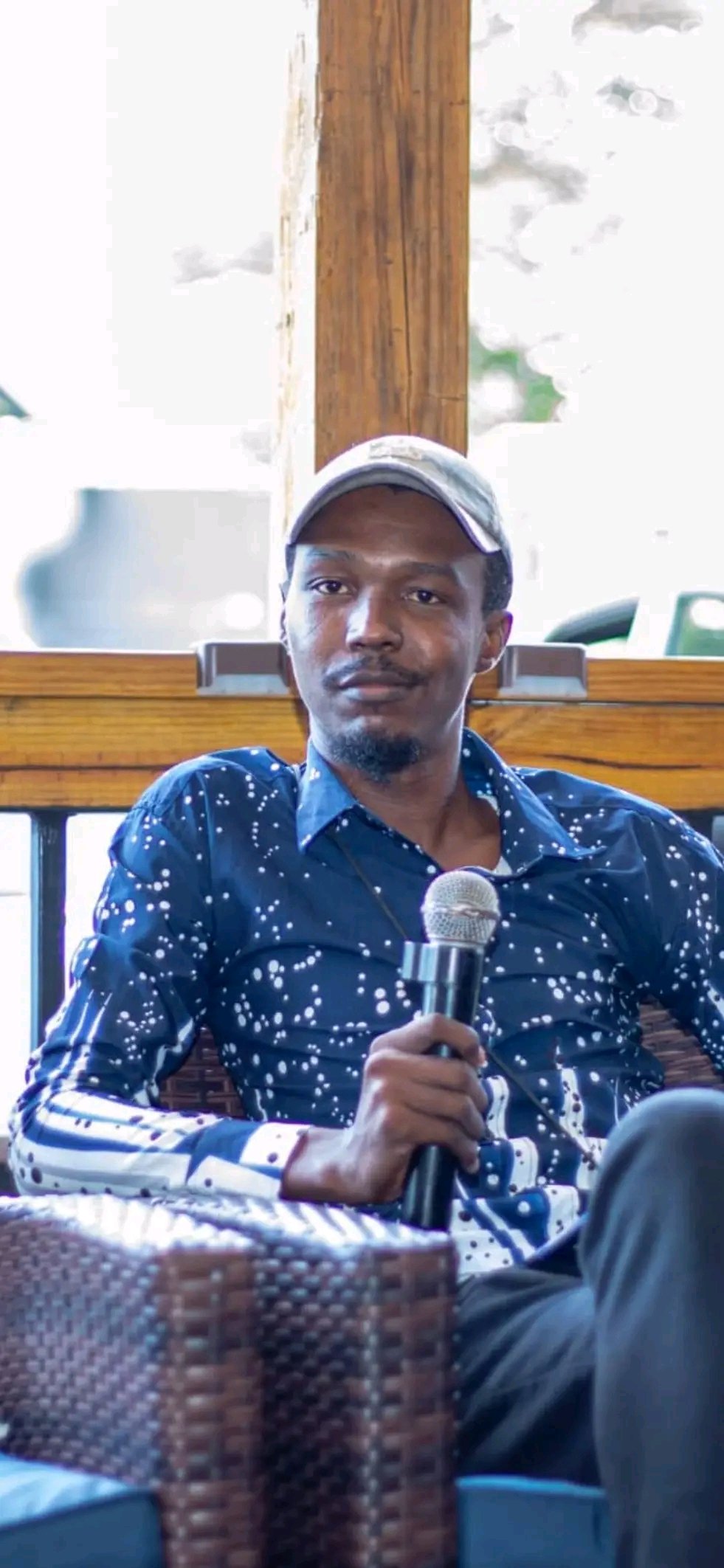Le Salon du Livre de Port-au-Prince annonce l’ouverture de l’inscription des auteurs pour sa deuxième édition
Le Salon du Livre de Port-au-Prince est une initiative littéraire de l’organisation culturelle Salon du Livre de Port-au-Prince (OCSLP), fondée sur le désir de promouvoir la culture haïtienne en général, avec un accent particulier sur la littérature.
Les organisateurs de l’événement viennent d’annoncer l’inscriptions des auteurs,, qui seront au nombre de 20, et celles des maisons d’édition, qui seront au nombre de 5 pour la deuxième édition, qui aura lieu le vendredi 13 decembre 2024, dans les locaux de l’institut français en haïti. La date limite d’inscription est fixée au jeudi 10 octobre de cette année. À noter que les premiers arrivés ayant rempli les critères demandés seront habilités à prendre part à cette deuxième édition de l’événement, selon l’aveu des organisateurs. Cette sélection rigoureuse et restreinte de seulement 20 auteurs vise à garantir une expérience enrichissante pour les auteurs et le public, favorisant ainsi des échanges authentiques autour des œuvres présentées.
Les auteurs indépendants et les maisons d’édition intéressées à inscrire leurs auteurs pour participer à cette deuxième édition du salon sont invitées à soumettre leur candidature via ce lien : https://form.jotform.com/louirardjohn8/salon-du-livre-de-port-au-prince.
Pour les maisons d’édition et de distribution qui envisagent d’exposer le jour de l’événement, vous pouvez vous inscrire en cliquant sur ce lien : https://form.jotform.com/242596699603068. Il est demandé de les contacter à l’adresse suivante: salondulivre2023@gmail.com en cas de difficultés.
Le Salon du Livre de Port-au-Prince se veut toujours fidèle à sa philosophie, qui est d’offrir une plateforme aux jeunes auteurs et de valoriser la richesse de la production littéraire haïtienne, en soutenant les nouveaux auteurs qui contribuent à son essor. Cet événement s’inscrit dans la continuité de la première édition, visant à permettre l’émergence d’un environnement propice aux échanges, où les jeunes auteurs peuvent se rencontrer, partager leurs expériences et engager le dialogue avec les lecteurs et les professionnels du livre.
Au dire des organisateurs de l’evènement, votre participation en tant que jeune auteur, sera essentielle pour enrichir le salon et offrir une expérience diversifiée aux visiteurs. L’invitation à rejoindre cette noble initiative est lancée aux jeunes auteurs n’ayant pas encore publié 5 livres. Vous qui êtes concernés, la balle est désormais dans votre camp. N’hésitez pas à aller faire de ce jour, du 13 décembre 2024, une journée inoubliable pour tous les amoureux des livres .






















































































Je compte m'integrer Au rang des ecrivains
January 25, 2025 - 11:39:35 PM